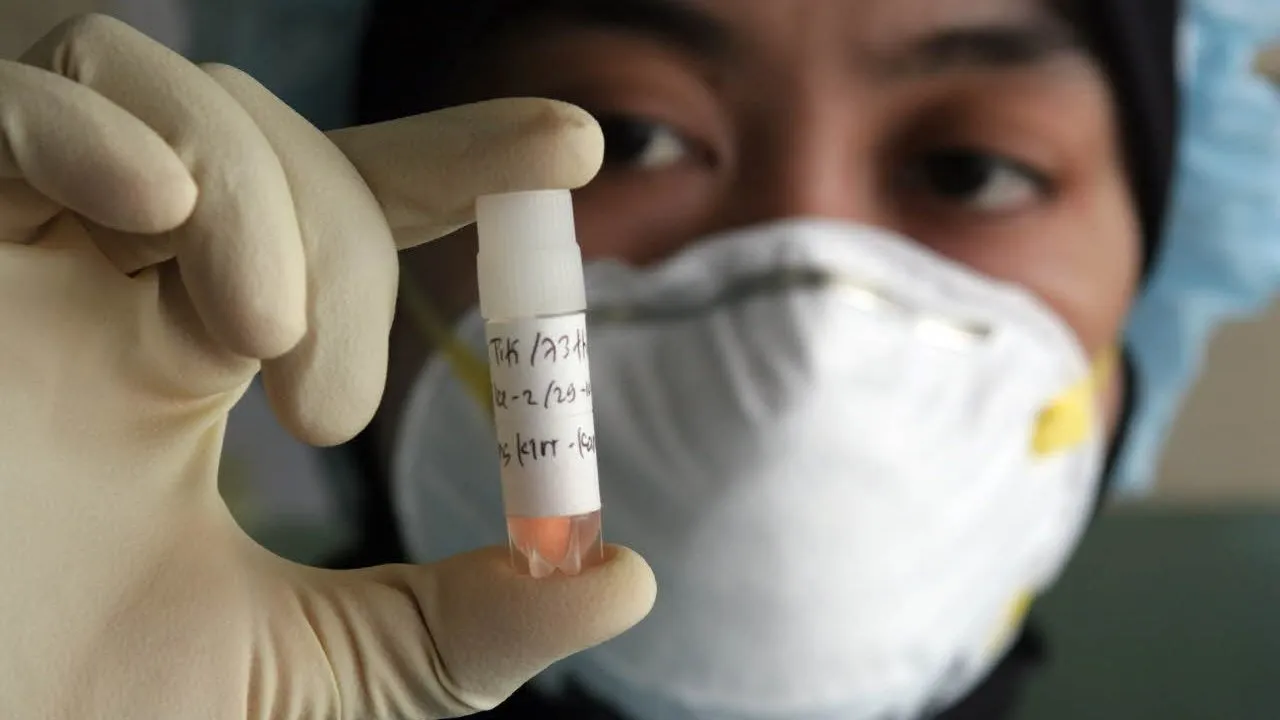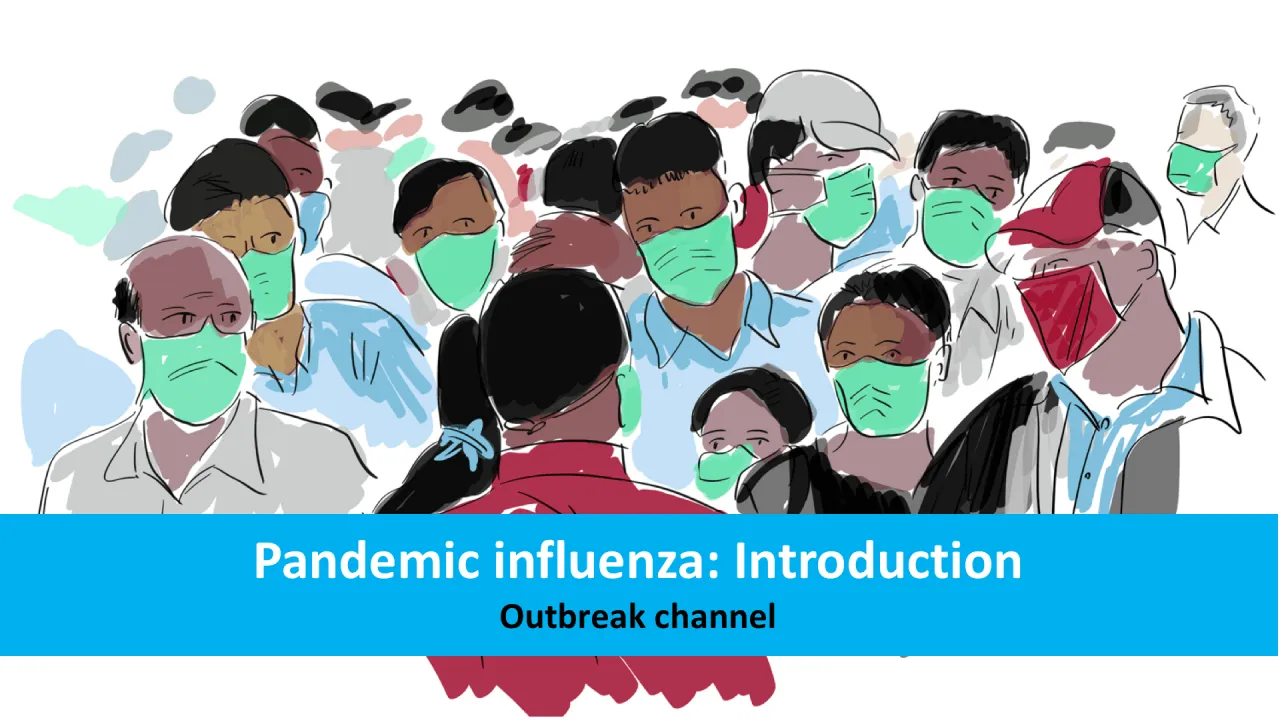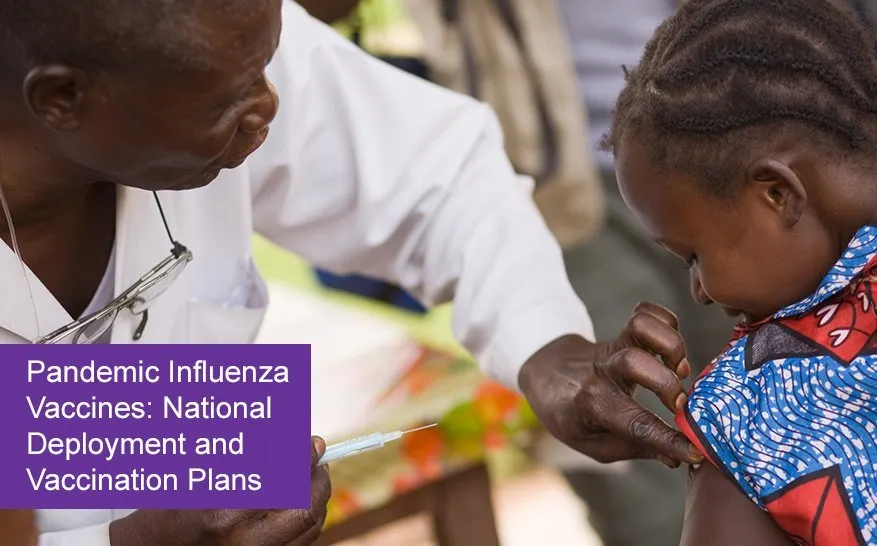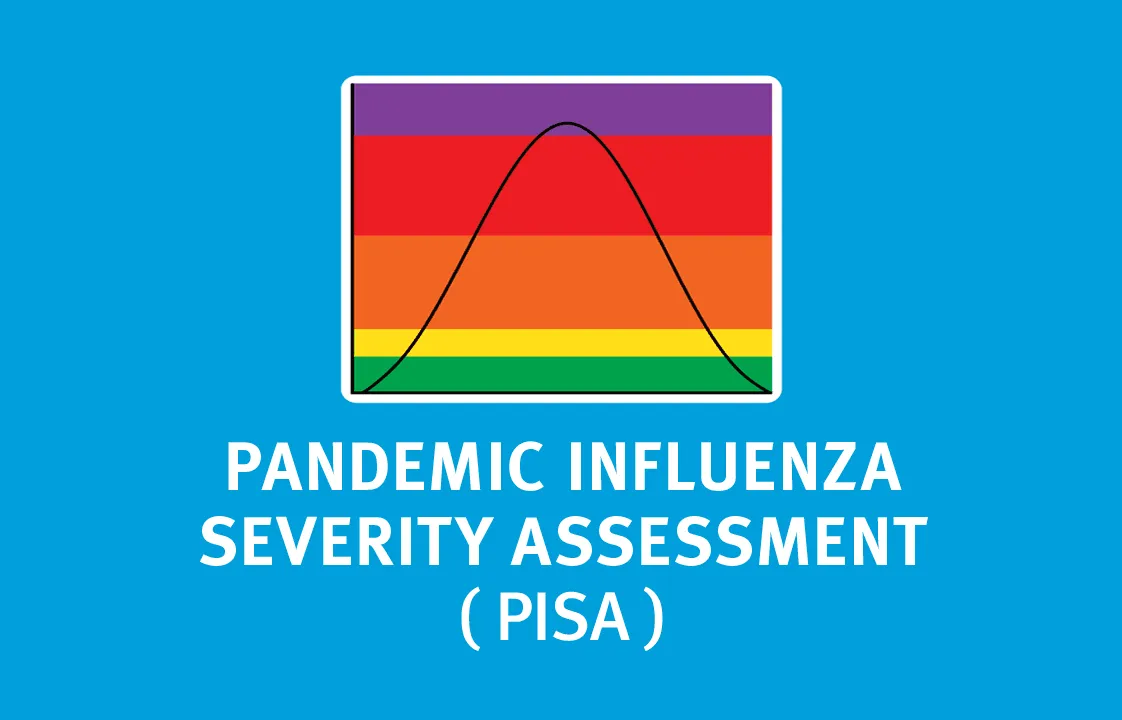
Pandemic and epidemic-prone diseases 
Learn the basics of Pandemic and epidemic-prone diseases ▼
ADVERTISEMENT
Course Feature
![]() Cost:
Cost:
Free
![]() Provider:
Provider:
ThaiMOOC
![]() Certificate:
Certificate:
Free Certification
![]() Language:
Language:
English
![]() Start Date:
Start Date:
On-Demand
Course Overview
❗The content presented here is sourced directly from ThaiMOOC platform. For comprehensive course details, including enrollment information, simply click on the 'Go to class' link on our website.
Updated in [May 19th, 2023]
This course provides an overview of pandemic and epidemic-prone diseases, including Avian influenza, Cholera, Ebola, Plague, Yellow fever, Meningitis, MERS, Influenza, Zika, Rift Valley Fever, Lassa fever, and Leptospirosis. It covers the epidemiology, transmission, clinical features, diagnosis, treatment, and prevention of these diseases. The course also provides an introduction to the principles of outbreak investigation and response, and the role of the health worker in managing outbreaks. Through video presentations and self-tests, participants will gain the latest know-how to manage outbreaks of known and emerging epidemic-prone diseases in the 21st century.
[Applications]
The application of this course can be seen in the development of strategies and plans for responding to pandemics and epidemics. It can also be used to inform the public about the risks associated with these diseases and how to protect themselves. Additionally, the course can be used to train healthcare workers on the latest know-how to manage outbreaks of known and emerging epidemic-prone diseases. Finally, the course can be used to update frontline responders on the latest scientific, technical and operational knowledge related to pandemics and epidemics.
[Career Paths]
1. Public Health Officer: Public health officers are responsible for monitoring and responding to public health threats, such as pandemics and epidemics. They work with local, state, and federal agencies to develop and implement strategies to prevent and control the spread of disease. They also provide education and outreach to the public on health-related topics. As the world continues to face new and emerging infectious diseases, public health officers will be increasingly important in helping to protect the public from these threats.
2. Epidemiologist: Epidemiologists are scientists who study the patterns, causes, and effects of health and disease conditions in defined populations. They investigate and analyze the occurrence of diseases and other health-related issues, and use their findings to develop strategies to prevent and control the spread of disease. With the emergence of new and re-emerging infectious diseases, epidemiologists will be essential in helping to identify and contain outbreaks.
3. Infectious Disease Physician: Infectious disease physicians specialize in the diagnosis and treatment of infectious diseases. They are responsible for diagnosing and treating patients with infectious diseases, as well as providing education and outreach to the public on health-related topics. As the world continues to face new and emerging infectious diseases, infectious disease physicians will be increasingly important in helping to protect the public from these threats.
4. Infection Control Practitioner: Infection control practitioners are responsible for preventing and controlling the spread of infectious diseases in healthcare settings. They work with healthcare providers to develop and implement strategies to prevent and control the spread of disease. As the world continues to face new and emerging infectious diseases, infection control practitioners will be increasingly important in helping to protect the public from these threats.
[Education Paths]
1. Bachelor of Science in Public Health: A Bachelor of Science in Public Health (BSPH) degree is designed to provide students with the knowledge and skills to understand and address public health issues. This degree program focuses on the prevention of disease and injury, the promotion of health, and the protection of the environment. Students will learn about epidemiology, biostatistics, health policy, health services administration, and environmental health. This degree is ideal for those interested in working in public health, health care, or health-related fields.
2. Master of Science in Epidemiology: A Master of Science in Epidemiology (MSE) degree is designed to provide students with the skills and knowledge to understand and address public health issues. This degree program focuses on the study of the distribution and determinants of health-related states or events in specified populations, and the application of this study to the control of health problems. Students will learn about epidemiological methods, biostatistics, health policy, health services administration, and environmental health. This degree is ideal for those interested in working in public health, health care, or health-related fields.
3. Doctor of Public Health: A Doctor of Public Health (DrPH) degree is designed to provide students with the skills and knowledge to understand and address public health issues. This degree program focuses on the prevention of disease and injury, the promotion of health, and the protection of the environment. Students will learn about epidemiology, biostatistics, health policy, health services administration, and environmental health. This degree is ideal for those interested in working in public health, health care, or health-related fields.
4. Master of Public Health: A Master of Public Health (MPH) degree is designed to provide students with the skills and knowledge to understand and address public health issues. This degree program focuses on the prevention of disease and injury, the promotion of health, and the protection of the environment. Students will learn about epidemiology, biostatistics, health policy, health services administration, and environmental health. This degree is ideal for those interested in working in public health, health care, or health-related fields.
The development of these degree paths is in response to the increasing need for professionals who are knowledgeable and skilled in the prevention and control of pandemic and epidemic-prone diseases. With the rise of global travel and trade, the spread of infectious diseases has become a major public health concern. As such, these degree paths are designed to equip students with the necessary skills and knowledge to effectively manage and respond to outbreaks of known and emerging epidemic-prone diseases. Additionally, these degree paths are also designed to provide students with the latest scientific, technical, and operational knowledge to help them stay ahead of the curve in the ever-evolving field of public health.
Course Provider

Provider ThaiMOOC's Stats at AZClass
Discussion and Reviews
0.0 (Based on 0 reviews)
Explore Similar Online Courses

Introduction on Advertising

How to Create Good Online Content - Online Course - FutureLearn

Python for Informatics: Exploring Information

Social Network Analysis

Introduction to Systematic Review and Meta-Analysis

The Analytics Edge

DCO042 - Python For Informatics

Causal Diagrams: Draw Your Assumptions Before Your Conclusions

Whole genome sequencing of bacterial genomes - tools and applications

Pandemic influenza: Introduction

Pandemic Influenza Vaccines: National Deployment and Vaccination Plans


Start your review of Pandemic and epidemic-prone diseases